Habits for a healthy mouth, gums and teeth should begin early
It’s a common misconception that before teething, babies don’t need much in the way of dental care for good oral health. That’s not the case – habits for a healthy mouth, gums and eventually teeth should begin early. The real question is: what exactly do babies need? And how can parents provide that for their children? Read on to find out.
Contents
Why babies are born without teeth
When we’re first born, we don’t have teeth. Scientists studying evolution have many theories as to why, but the most obvious reason is that human babies nurse from their mothers – and nursing would be a lot more painful on moms if babies were born with teeth!
Just because babies are born without teeth, however, doesn’t mean they don’t need to take care of their mouth. Before a baby sprouts her first tooth, parents can prevent the buildup of plaque and bacteria that lead to decay with some good habits:
- Follow meals with water
Water’s not perfect, but it will help to wash and rinse away food after your baby finishes eating.
- Don’t put your baby to bed or nap with a bottle
Whether it’s milk, formula, juice, or sweetened liquid, don’t let your baby fall asleep with it. These liquids foster the kind of bacteria in the mouth that cause tooth decay and gingivitis.
- Regulate your baby’s fluoride intake
In the United States, most public water supplies contain fluoride to prevent tooth decay – so simply drinking tap water can help improve your baby’s oral health. If you’re not sure, ask your doctor about fluoride supplements. Babies can take these beginning at the age of 6 months.
- Keep an eye out for early signs of cavities
If you notice discoloration or minor pitting in your child’s baby teeth, it’s time to visit the dentist.
- Cut down on sugar intake
Children who eat sweets every day are twice as likely to experience tooth decay as those who don’t. Of course that means cutting back on candy like lollipops – but you may be surprised to realize that sugary juices are some of the most damaging to your teeth. Moreover, many fruit juices like orange juice are acidic as well, doing even more harm to your baby’s teeth. Soda and other fizzy drinks are (unsurprisingly) not suitable to feed to babies and young children. A good trick for making juice safer for your baby is to dilute one part juice to 10 parts water, and to allow your child no more than 150 mL of this mixture a day.
You don’t have to keep your child away from sugar completely! Just make sure that sugary sweets remain a “special occasion only” treat.
Keeping children away from sugar at a young age will not only benefit their oral health, but also help them avoid the pitfalls of sugar addiction that plague so many adults struggling to maintain a healthy weight. Who knows – maybe acting so vigilantly on behalf of your child’s health will inspire you to improve your own!
As a rule of thumb, avoid foods like:
- Juice (dilute!)
- Peanut butter and jelly
- Candy
- Cereal
- Starchy snacks like crackers and cookies
- Fruit – limit to no more than 4 servings a day
“Our 19-month old daughter has always been very independent and fights us for the toothbrush (and will either do it herself – barely – or not do it at all). What I have started doing the last few weeks is ‘tickle’ her teeth. We lay her down after the PJs are on, crack her up, and I go in saying, ‘I’m going to tickle your teeth!’ This totally cracks her up and I can brush really well as I say, ‘Tickle, tickle, tickle!’ Then we let her have the toothbrush AFTER we’re done so she can do it herself.” – Donna
Why do I need to brush baby teeth?
You might wonder why you need to brush your child’s baby teeth if they’re all going to fall out anyway. Decayed baby teeth can cause a host of health problems, including gingivitis, bleeding gums, tooth decay and interfering with good nutrition and speech development.
In fact, many children suffer from untreated oral disease. According to the surgeon general, almost 20% of children ages 2-3 have at least one untreated cavity before their first dentist appointment. A startling 50% of children have gingivitis! Although tooth decay is the most common chronic childhood disease, proactive parents can help their children avoid these problems by taking good care of their children’s baby teeth.

Another potential problem is orthodontics: If the gums and site of tooth growth are not intact and well cared-for, this will impact the growth of adult teeth, throwing adult teeth out of alignment so that they grow in crooked. As the first adult teeth to grow in, the molars are especially important as they impact the shape of your child’s face as well as the future health and position of her other adult teeth. Improper teeth position means every parent’s worst (most expensive) nightmare – braces. Unfortunately most parents will find themselves at an orthodontist with their child at some point, but if there’s anything you can do to avoid the pain, hassle and expense of braces, it’s keeping your child’s teeth and gums healthy from the start.
Teaching and encouraging your child to brush from an early age also helps to form good habits that will last a lifetime. Do you remember when your parents taught you to brush? That initial encouragement can mean a lifetime of healthy teeth.
“I waited until she was in the bath. I told her we needed to brush everyone in the tubs’ teeth. I would turn the bristles away, brush both Ducky’s, then Elmo’s, and then her teeth. She thought it was hilarious. I made her understand, though, that I wouldn’t brush the toys until I got her.” – Vera
When do I need to start brushing my baby’s teeth?
Before your baby begins teething (at about 4-6 months for most children), you can promote healthy gums with regular gum massage. Once their teeth begin poking through the gum line, you should continue with the gum massage (that will also help ease the pain of teething) and start brushing their tiny teeth for two minutes twice a day.
“My 16 month old brushes by herself at first (she likes the toothpaste and always wants more) – then I have a go! I hold her hands so she can’t push the brush away. She cries, I brush her teeth well (but gently) for about 30 seconds. Amazingly, yesterday she didn’t protest or push my hands away so I didn’t need to hold her hands. She then looked very proud when I told her how awesome it was that I didn’t need to hold her hands! Let’s see what happens tonight.” – Berry
What’s the best kind of toothbrush for babies?
An ideal toothbrush for your baby meets the following criteria: it gently cleans small, developing teeth and gums, is easy enough for a baby or toddler to practice holding, and attracts and holds your baby’s attention. So, baby toothbrushes should have a soft, small brush with extra-soft bristles, a small head and a large handle – and it helps if the toothbrush is colorful and bright!
The ISSA™ baby is an electric toothbrush for babies that meets all three of these criteria. Not only is its small brush head made with gentle, smooth and non-abrasive silicone bristles, but also the silicone is environmentally friendly (free of BPA and phthalates) and ultra-hygienic to resist bacteria build up. Your baby will also love the ISSA™ baby’s “smile helpers”. When your child brushes his teeth for a full two minutes, the smiley emoticon on the toothbrush illuminates to reward a job well done. If 12 hours pass without a 2 minute brushing, the smiley turns to a frown. As your child grows and wants to attempt brushing on his own, the smile helpers are extra useful – not only will children want to “cheer up” their electric toothbrush with another 2 minutes of brushing, but also the light-up emoticons help parents monitor whether their children are really brushing their teeth (or not!).

The ISSA™ baby’s small brush head and gentle bristles are also ideal for the youngest brushers because they gently massage baby gums before, during and after teething occurs.
“My 21-month-old has been brushing her teeth pretty much on her own for the past couple of months. At first she hated letting me in her mouth, so I’d pretend to brush my teeth with her toothbrush and I’d sing a silly song about brushing your teeth and make tooth-brushing sound effects (ch-ch-ch-ch-ch-ch-ch-ch!). She loves music, and seeing me do it made her want to do it too. I watch her closely while she brushes her teeth, and she actually does a pretty good job. Often she’ll bring me the toothbrush after she’s done, and open her mouth for me to finish her up.” – Meg
How do I brush my baby’s teeth?
Place your baby on your lap, facing you. You can also place her in a high chair, cradle her in your arms, or enlist both parents to hold baby on one lap while the other parent brushes.
At the beginning, it’s okay to brush without toothpaste, just to allow your baby to get used to the sensation of having her gums massaged and teeth brushed. Once her teeth start to come through the gums, try using a very small amount of toothpaste – like the size of a grain of rice. Remember, when your baby is young she’s likely to end up swallowing whatever toothpaste you put in her mouth, so use very sparingly. Depending on your child’s progress, they can start using a pea-sized amount of toothpaste at age 2 or 3.
Babies under 3 should use toothpaste with lower fluoride content (1,0000 ppm). By the time your child turns 3 – assuming they’ve improved their teeth brushing skills! – they can start to use the family toothpaste (adult toothpaste contains between 1,350ppm and 1,500ppm fluoride).

Don’t expect children – especially those under three – to clean their teeth well on their own. Once your baby expresses interest and has developed their motor skills well enough, allow them to grasp the toothbrush themselves, but use your hand to guide them. Increasingly independent toddlers may insist on brushing their own teeth. If that’s the case, take turns – allow them to start brushing, then you take the brush for a while in order to brush front to back and brush the tongue, and then allow them to continue brushing on their own. That way you can make sure you reach all the problem areas while still allowing and encouraging their independence. Even as your child grows older, supervise their brushing at least occasionally to ensure they’re using the right amount of toothpaste, brushing in circles and not brushing too hard.
Children may resist tooth brushing for one reason or another. Especially once molars come in and you have to reach far back with the toothbrush, kids may feel very uncomfortable. Your child will naturally fear choking, so begin with the front teeth and ease your way back to the molars, and teach them to do the same.
If your child is really stubbornly resisting tooth brushing, don’t give up – get creative. We’ve got 10 bright ideas that can help you make brushing fun.
“My daughter LOVES Winnie the Pooh and Tigger. One day, I got a sudden inspiration. I started to sing ‘The Wonderful Thing About Tiggers’. She went quiet and listened…and her teeth got brushed. Of course, she was only patient long enough for one time through. Now, about three months later, I let her chew on the brush for a while. Then I tell her it is time for the Tigger Song. I sit her on the counter and sing the song through twice. We’ve improved. If she bites down on the brush, the song pauses. When she releases the brush, the song continues. (She thinks this is very funny.) It has been a long time now since her last fight at toothbrushing time.” – Rachel
When should I take my baby to the dentist for the first time?
The earlier you start taking your baby to regular dentist visits, the less money you’ll spend over time. It might seem counterintuitive, but if you maintain healthy teeth from the start, then you’ll never have to spend money on costly reparative surgeries or procedures. In fact, studies show that for children who visit the dentist for the first time before the age of 1 rack up 40% less dental costs in their first five years of life than those who do not see a dentist until after they’ve turned 1 year old.
Remember, there’s a lot more to good oral health than regular brushing. Gum massage, a healthy, low sugar diet, fluoride in water or toothpaste and issues like thumb-sucking have an impact on your baby’s health, so monitor closely and consult a dentist or pediatrician when you have questions or concerns.
Real parent testimonials from babycenter.com
Disclaimer: The information on this website and any related links are for general informational purposes only and should not be considered a substitute for professional advice. Do not use the information on this website for diagnosing or treating any medical or health condition. If you have or suspect you have a medical problem, contact a professional healthcare provider.


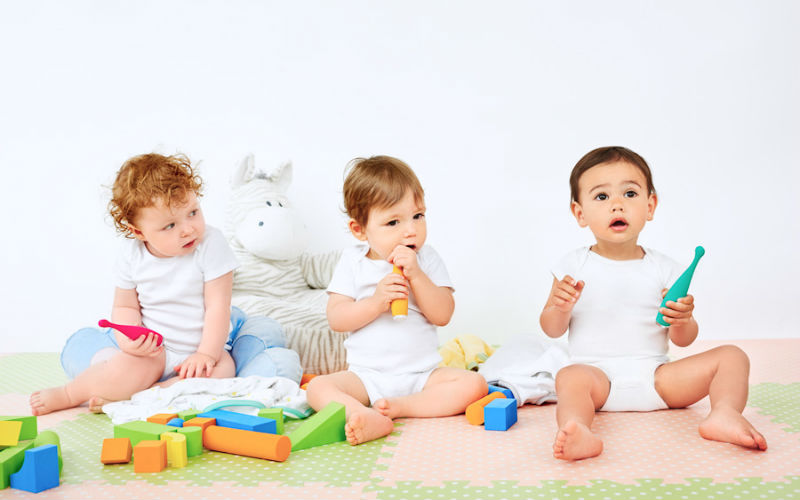
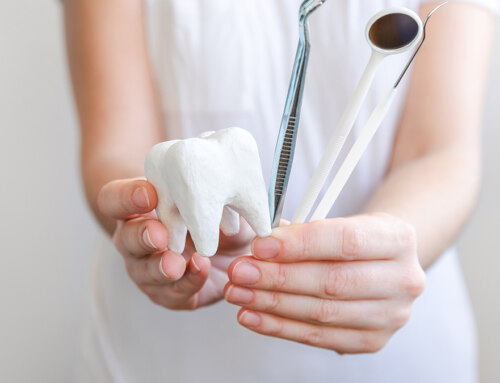
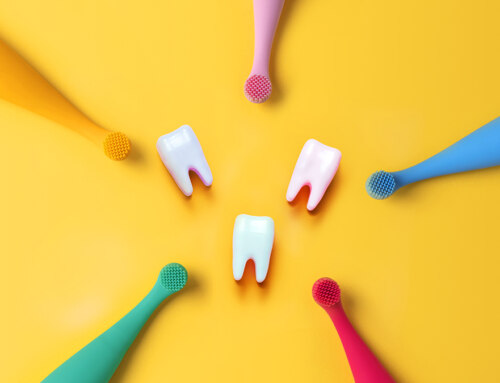
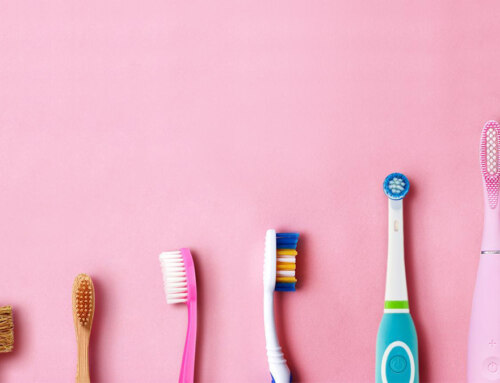
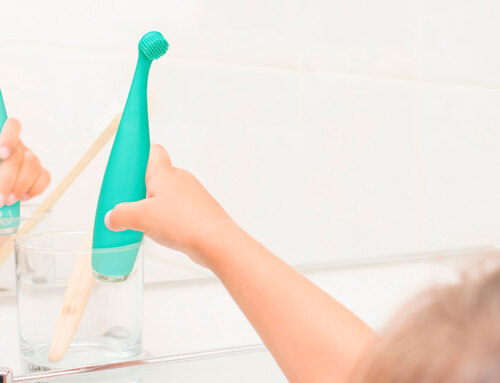
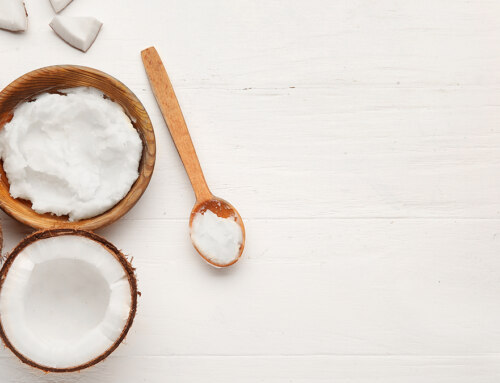
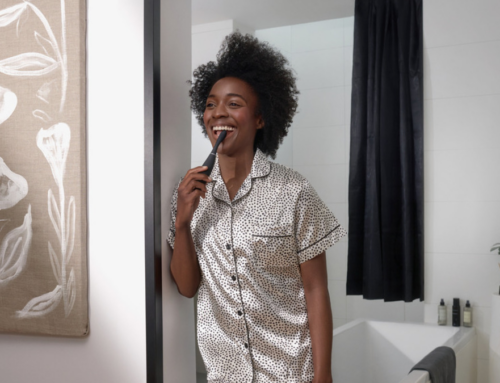
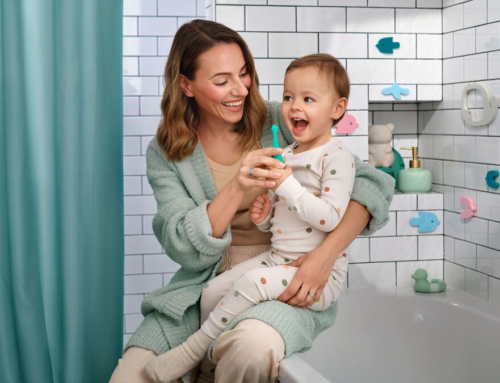




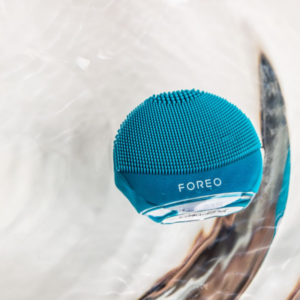

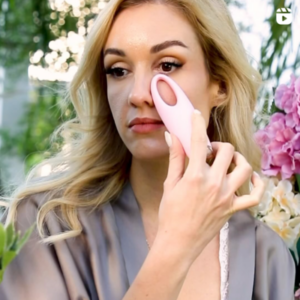
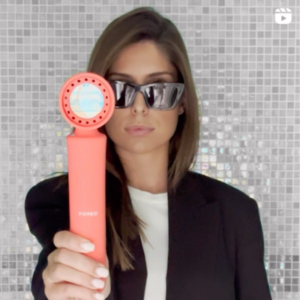
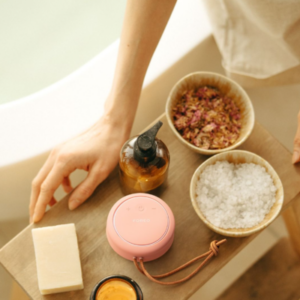

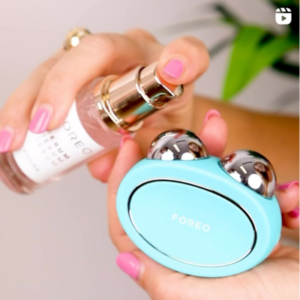
Your baby will normally show signs of irritability, restlessness or fussiness anywhere between the age of 3 and 9 months as his primary teeth begin to erupt. The infant may experience swollen gums and pain at this stage. He needs your help. Gently massaging the gums with a clean fingertip will go a long way in alleviating the teething pain. You’ll also need to provide the little one with a teething ring to chew on. You can’t massage their gums all the time, but the teething ring will provide the needed relief at times when you’re not massaging them.
Good tip and thank you for sharing!
Start brushing your baby’s gums by using the use of a washcloth, some water or a brush and a glass of water.
Cleanse the gums, and be sure you get underneath the lip region to reduce the build-up of bacteria!